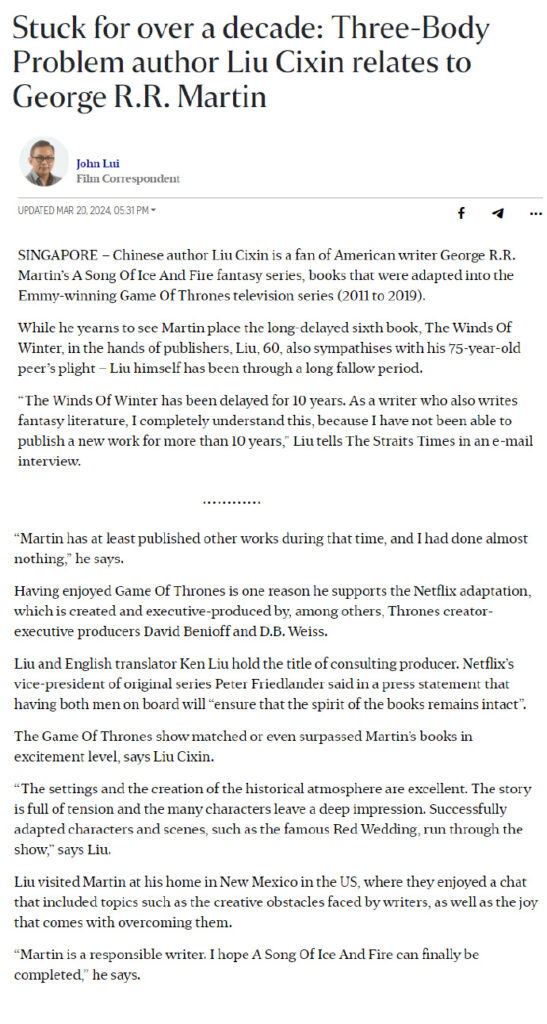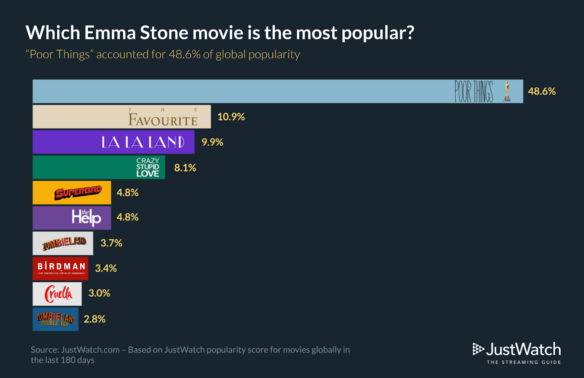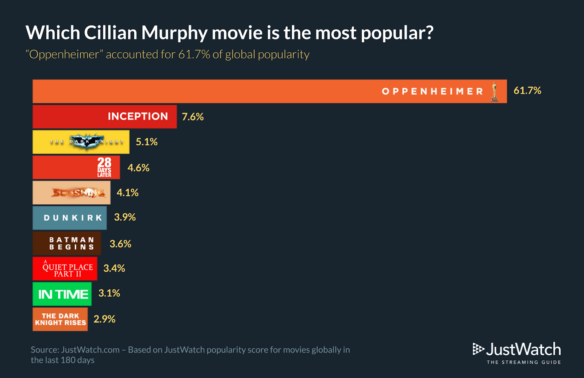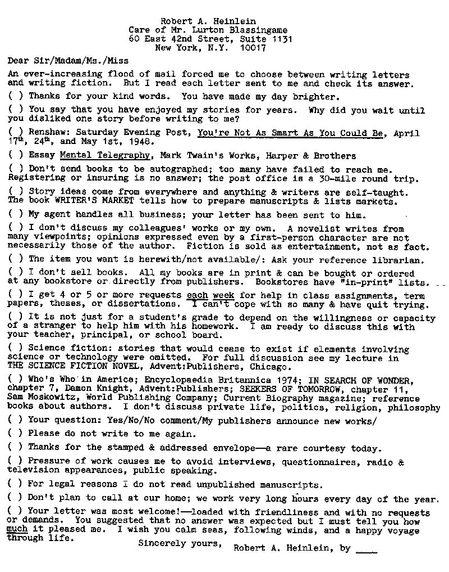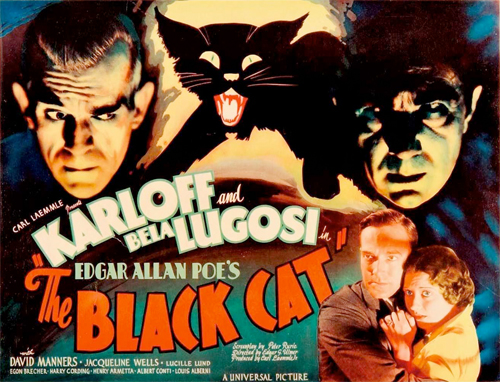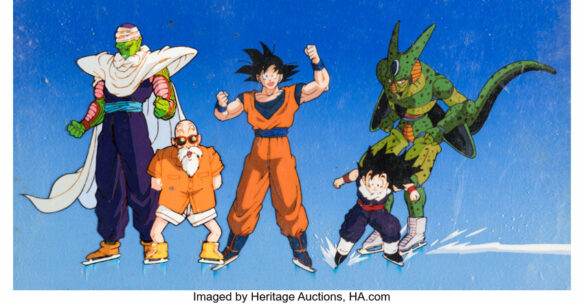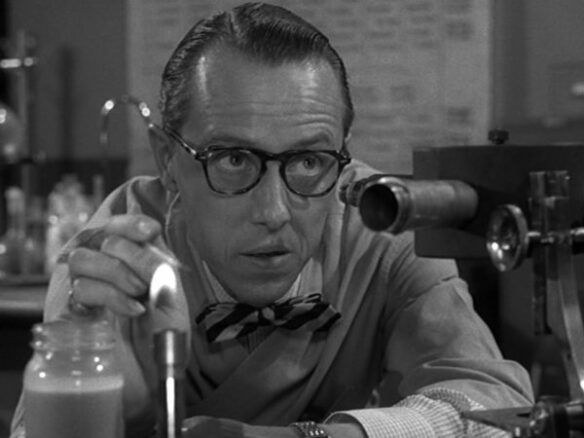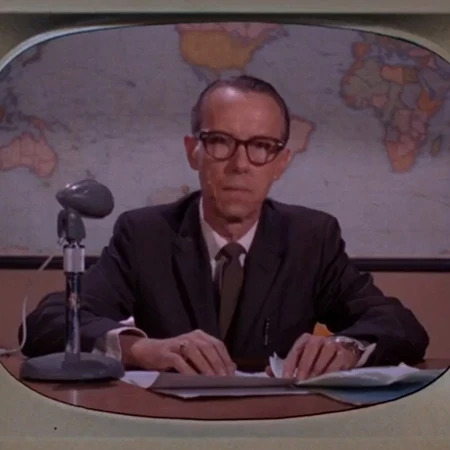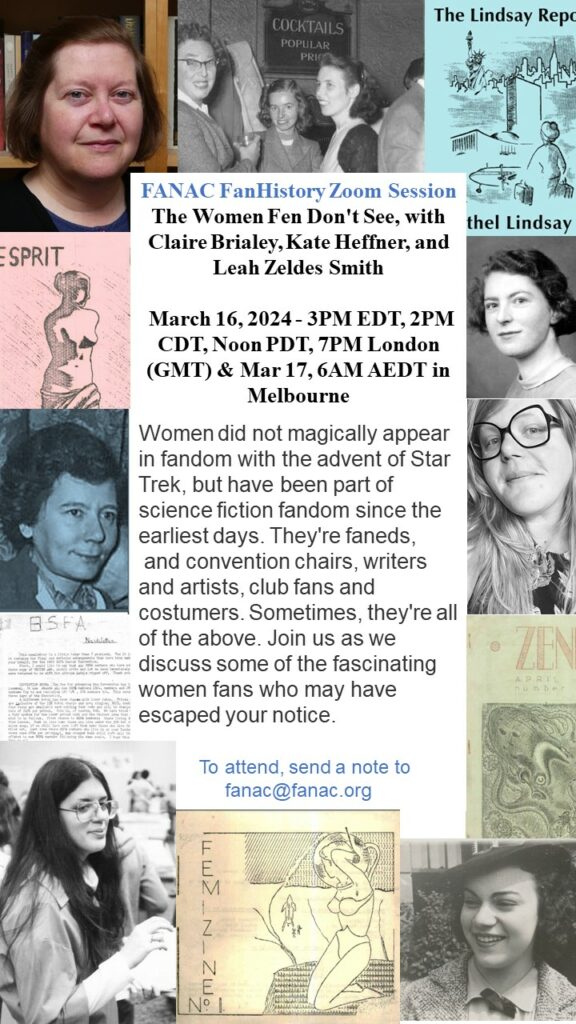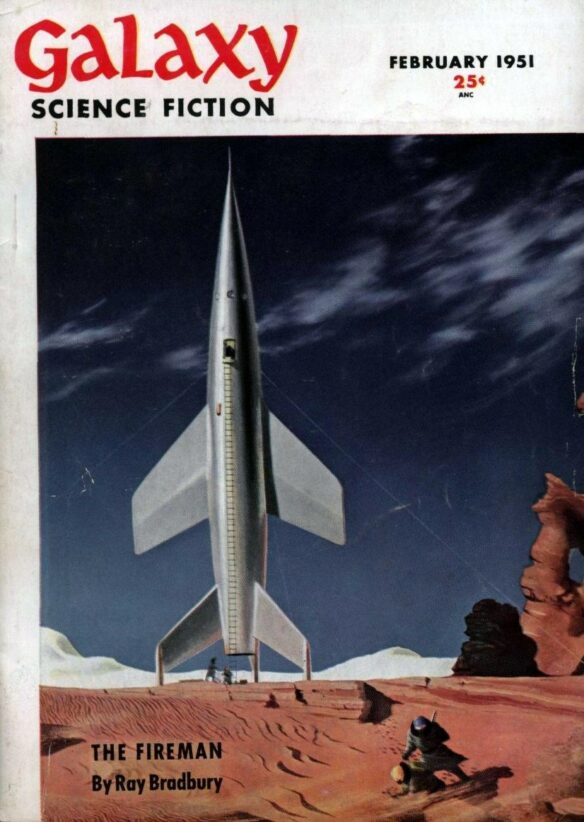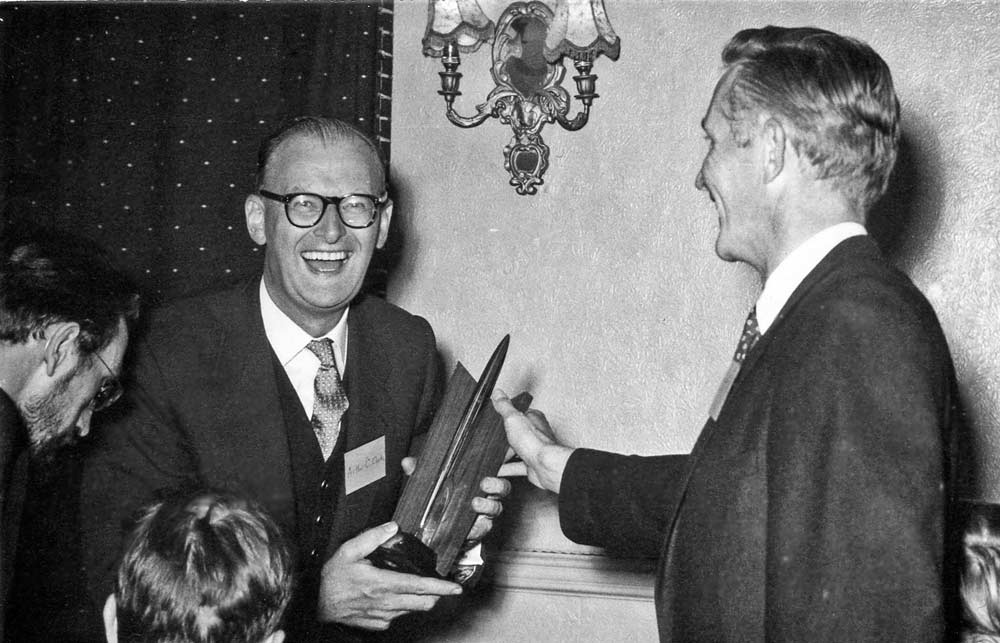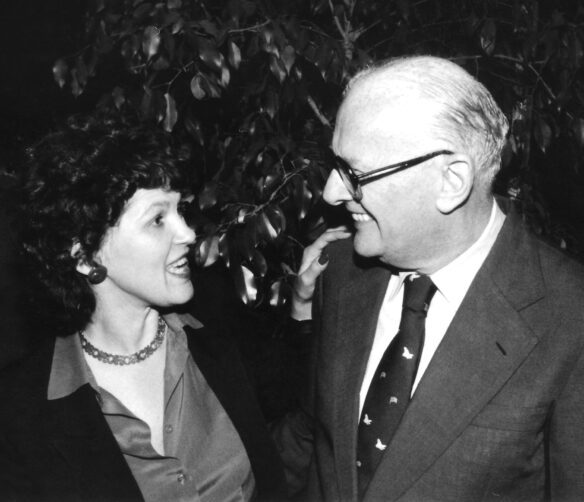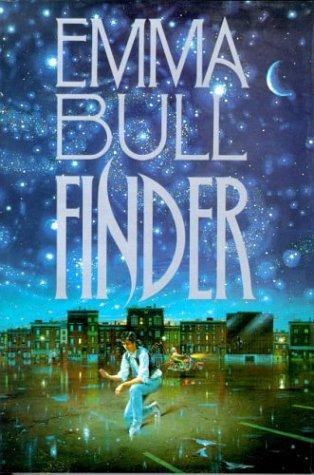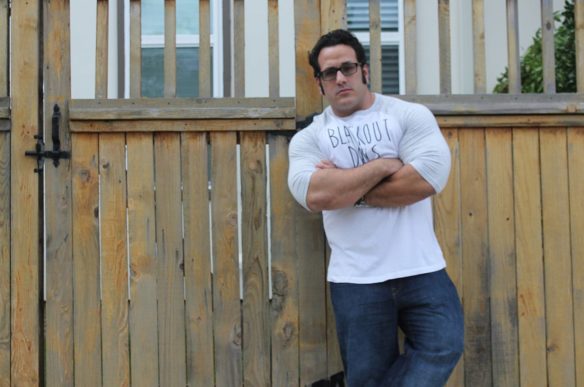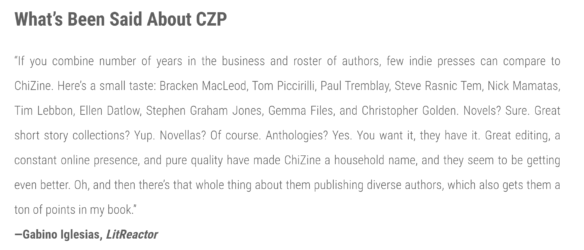(1) TODAY’S 40,000. [Item by Anne Marble.] A little Warhammer news… The official Warhammer Official X.com account just posted “In regards to female Custodians, there have always been female Custodians, since the first of the Ten Thousand were created.”
(It was in response to (this question in a longer thread.)
It’s fascinating to read the responses to this. Many fans are demanding they show them where this is shown in the lore. They are debating the official account.
Fans like these make me think, “Don’t make me have to feel sympathetic toward Games Workshop!”
From what I understand, this probably is retconning. But Warhammer is no stranger to retconning. They’re famous for retconning.
Angry fans are declaring that Games Workshop is going to kill the existing fanbase over this. They’ve accused them of “gaslighting” the fans. They are crying about “woke.” Some are claiming that they are returning the merchandise they were just about to buy all because of this. (Sure…)
People are predicting this is the “end” of Games Workshop. (They’ve been predicting this ever since 3D printing made it easier for people to make their own models.) Some are even blaming this stance on the fact that Vanguard and Group and BlackRock are now among the investors in Games Workshop.
But these are also the types of fans who do a lot of gatekeeping. If a fan has a different opinion, they call that fan a “tourist.” One dude was calling the people behind official lore “tourists.”
According to an older post by one of their well-known writers (Aaron Dembski-Bowden), this bit of lore was up for discussion years ago. But a “former IP overlord” said the characters couldn’t be women because the minis had already been produced, and they were all male.
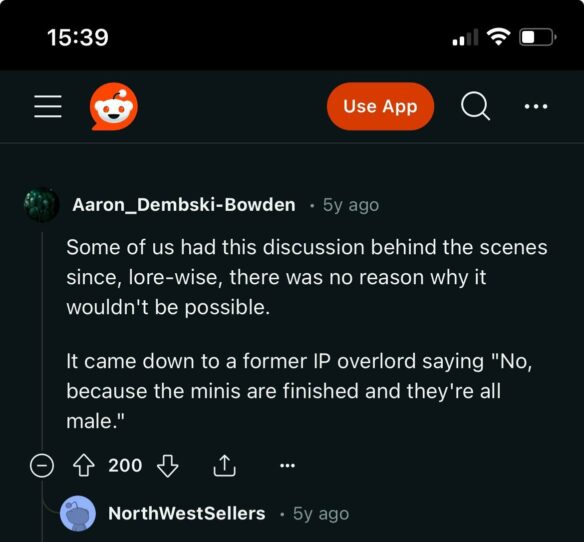
The lore does say there are no known women Space Marines — and there are various theories about why. But Space Marines are also so altered that they are very different from what some would consider a stereotypical man. From what I have read, the Space Marines are sterile and asexual and chemically castrated.
Some people have been collecting screencaps of the responses. Also here. Here’s a selection:
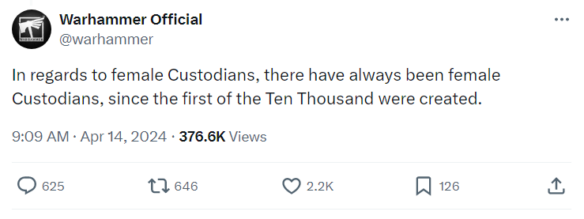

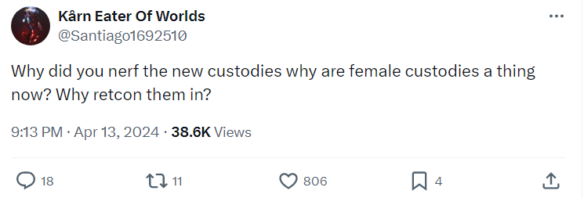

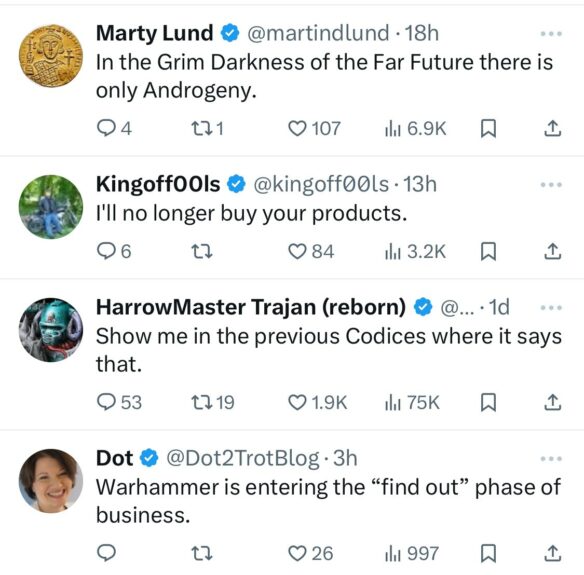

The Fandom.com definition of a Warhammer 40k Custodian says Custodians are part of the Adeptus Custodes — the elite altered bodyguards of the Emperor. In comparison, the famous Space Marines the defenders of all humanity. And the Custodians are more powerful than them.
Also, while there is a lot of lore about the Space Marines, there is less lore about the Custodians.
For another perspective, I found some women fans who were upset because they thought it was badly done — and some who believed it was pandering to them. But most of the opposition seems to come from guys who use “woke” a lot. Some want to contact the Warhammer Community Outreach Manager about the change. Does that mean they are asking for the manager?
Disclaimer: I’m not a Warhammer player. However, I’ve been fascinated by the gaming system ever since I ran across a Warhammer Fantasy book called Warhammer City. I found Warhammer 40K even more fascinating because it’s so over-the-top. (It’s supposed to be.) So I ended up buying some of their novels.
(2) DON BLYLY MEDICAL UPDATE. Bookseller Don Blyly’s celebration of Uncle Hugo’s fiftieth anniversary was followed by a trip to the hospital, but he’s back at work already as he explained in his latest How’s Business? newsletter.
The week of the 50th Anniversary Sale was “interesting”. For many years I heard the warnings about chest pains, and for many years I’ve had chest pains, but not quite like the medical advice described them. Often, the pain seemed to be between my ribs, more often on the left side, but I didn’t think the pains were accurately reporting on where the problem was located. And often I would let out a couple of large burps or farts and the chest pains would completely go away, so it seemed like the pains were not related to my heart.
On the Monday after the anniversary I had a different kind of chest pain, a kind of pressure in the center of my chest, and it did not go away (but became somewhat less) after a couple of belches, and I started worrying a bit. But Ecko had a doggie dental appointment Wednesday morning to have a tooth pulled that it had taken a month to set up, so I thought I’d get through that first if my pain didn’t get any worse. My chest pain stayed about the same through Wednesday, and Ecko got through the extraction and was ordered to only have soft food for 2 weeks. Thursday morning my chest pain was worse, so I went over with the staff of the store what to do if I had to go to the emergency room. Just before noon the order of new t-shirts and sweatshirts arrived, a couple of weeks earlier than expected, and I wrote the check to the shirt guy. Before I could start unpacking the 5 large cases of shirts, the pain became so bad that I decided to drive Ecko home, made arrangements for my son to pick her up at home after he got off work, and drove to the Abbott-Northwestern emergency room.
It seems that one of the arteries in my heart was 99% blocked, and they quickly put in a stent. The other arteries were partially blocked, but not enough to justify any more stents. Swallowing a fist full of pills every day for the rest of my life is supposed to clear the other arteries and prevent a repeat of the heart attack. After a couple of days they ran an echo-cardiogram to determine how much my heart had been damaged. The doctor who interpreted the results told me that my heart was functioning at 45-50%. I said that I didn’t feel that bad. She said that nobody’s heart functions at 100% according to the standard used for the test–a perfectly healthy heart functions at 55% on the test, and that I would be back to 55% within a couple of months. So, no permanent damage, but I’m supposed to take it easy for a while.
About 48 hours after the stent was installed I got out of the hospital, and about an hour later got to the store to see how things were going. A LOT of mail orders had come in while I was in the hospital, and Jon had pulled all the books and put them in piles so that I wouldn’t have to run all over the store finding them to process the orders. And a lot of boxes of new books had arrived. It took several days to get through all of that, and even longer to get through all the e-mails that had piled up. But for several days I mostly sat in front of the computer and didn’t even think about going to the basement.
The hospital has been dribbling out the bills to the insurance company, and the insurance company has been letting me know how much I’m responsible for. So far, the hospital has billed over $110,000, and so far I’m only responsible for $200….
(3) TUNES FROM THE TARDIS. [Item by Daniel Dern.] Not surprisingly given (some of) what I watch/listen to on YouTube, the YouTube Music app on my phone (which I’m not sure I’ve previously used, certainly not recently or muchly) burped up this (below) amusing item. I’m not enough of a Whovian to appreciate all the references, but enjoyed it natheless, and no doubt some of you more so. (And it turned out to be part of a playlist, which rabbit hole I timesinkedly explored, and will share my faves here, in days to come.) Doctor Who playlist.
(4) PAYING IT FORWARD. Gabino Iglesias shares some wisdom about anthologies in an X.com thread that starts here. Some excerpts follow:
(5) HIGH-PRICED DETECTIVE. From Newser we learn a “Handwritten Sherlock Holmes Draft Could Fetch $1.2M”
A rare, handwritten manuscript of the Sherlock Holmes novel The Sign of the Four by Sir Arthur Conan Doyle is up for sale this June at Sotheby’s, and it’s expected to fetch up to $1.2 million, breaking past sales records of his works. It’s the only handwritten copy of Conan Doyle’s second novel in existence, Smithsonian Magazine reports, and how this particular work was commissioned comes with a fun bit of history. According to CNN, the story begins in 1889 with Conan Doyle having dinner in London with JM Stoddart (an editor of US literary magazine Lippincott’s Monthly) and fellow author Oscar Wilde.
When Stoddart asked what the writers were working on, Conan Doyle committed to publishing a second Sherlock Holmes novel for the magazine, while Wilde said he’d submit his work in progress, The Picture of Dorian Gray. “It’s hard to think of two contemporary authors who might be less similar than Conan Doyle and Oscar Wilde,” Sotheby’s book specialist Selby Kiffer tells CNN. “And yet there they are at a dinner table together and talking about what they’re currently working on.”…
(6) SENDAK EXHIBITION IN LA. The Skirball Cultural Center in Los Angeles will host “Wild Things Are Happening: The Art of Maurice Sendak” from April 18-September 1.
Wild Things Are Happening is comprised of more than 150 sketches, storyboards, and paintings by Sendak drawn from the collection of The Maurice Sendak Foundation. Presented alongside landmark pictures for Sendak’s own books will be examples of artwork he created for such celebrated publications as The Bat-Poet by Randall Jarrell, A Hole is to Dig by Ruth Krauss, the Little Bear series by Else Holmelund Minarik, and Zlateh the Goat by Isaac Bashevis Singer.
Designs for many of Sendak’s opera, theater, film, and television productions are also featured. His impact on the broader world of the performing arts is illuminated through his collaboration and friendship with directors, composers, playwrights, and visual artists, such as Carroll Ballard, Frank Corsaro, Spike Jonze, Tony Kushner, and Twyla Tharp. The exhibition will also highlight Sendak’s love of Mozart and the way the composer’s life and work influenced not only Sendak’s designs for Mozart’s operas, such as The Magic Flute, but also key books including Outside Over There and Dear Mili. As Sendak stated, “I love opera beyond anything, and Mozart beyond anything.”
This groundbreaking exhibition also adds new depth to audiences’ understanding of Sendak’s life—as a child of Jewish immigrants, a lover of music, someone with close personal relationships—and how it dovetailed with his creative work, which drew inspiration from writers ranging from William Shakespeare to Herman Melville. From portraits that he made of loved ones to archival photographs of family members to toys he designed as a young adult, the exhibition brings Sendak and his work to life in three dimensions….

(7) TODAY’S BIRTHDAY.
[Written by Cat Eldridge.]
Born April 15, 1933 — Elizabeth Montgomery. (Died 1995.) The beauty of these Birthdays is that I can decide that one series that a performer did is enough to be worthy of a write-up. So it is with Elizabeth Montgomery and her ever-so-twinkly role as the good witch Samantha Stephens on the Bewitched series.
I loved that series and still do. Bewitched is one of those series that the Suck Fairy keeps smiling every time she comes near it. Obviously she too has very fond memories of it.
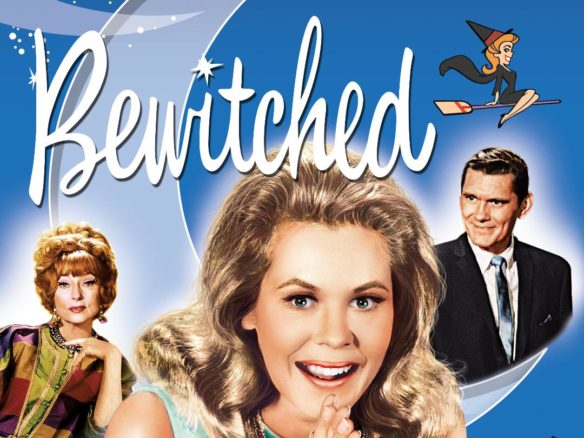
Sol Saks in interviews said that the Forties film I Married a Witch based on Thorne Smith’s partially-written novel The Passionate Witch, and John Van Druten’s Broadway play Bell, Book and Candle, adapted into a 1958 film of the same name, were his inspirations for the pilot episode. These films were properties of Columbia Pictures, which also owned Screen Gems, the company that would produce Bewitched.
Bell, Book and Candle is the prime story source as that has the good witch Gillian Holroyd, played by Kim Novak, casting a love spell on Shep Henderson as played James Stewart to have a fling with him but she genuinely falls for him.
Bewitched debuted sixty years ago this Autumn. It would run on ABC eight seasons, for two hundred and fifty episodes.
Let’s discuss the other cast of Bewitched. Dick York was Darrin Stephens, her husband and I thought that he was a perfect comic foil for her. Dick Sargent would replace the ailing York for the final three seasons. It’s been too long since I’ve seen the series but I think I remember his chemistry with her being a little less smooth.
So the next major cast member was Agnes Moorehead as Endora, Samantha’s mother. She worked fine in her role which was that she disapproved of her daughter’s decision to marry a mortal. She often times casts spells on Darrin for her own amusement, but mostly to try to drive Darrin away from Samantha. (It didn’t work. At all.) Despite that, she is the most frequent houseguest and one of the most loyal members of Samantha’s family who dotes on her grandchildren, Tabitha and Adam.
Then there’s his boss, Larry White, who was played by David Tate, and he was well cast in that role, and many crucial scenes took place at the Madison Avenue advertising agency McMann and Tate where Darrin worked.
So that brings us to Elizabeth Montgomery. She began her performing career in the the Fifties with a role on her father’s Robert Montgomery Presents television series. She’d also be a member of his summer theater company.
She turned out to be very popular and was kept busy performing consistently from there on. She’d have two genre roles prior to Bewitched, the first being as Lillie Clarke on One Step Beyond in “The Death Waltz” and, because everyone seemingly has to be in at least an episode of it, on The Twilight Zone as Woman in “Two”. The only other actor here is Charles Bronson as, oh guess, Man. It’s a piece of pure SF by Montgomery Pittman who also wrote the scripts for “The Grave” and “The Last Rites of Jeff Myrtlebank”.
So now we come to her in Bewitched, and the role that she was perfect for. It’s hard to write her up here without noting sexism of the time as her beauty was definitely the attraction for many of the viewers as opposed to her talent according to some of the news articles at the time. Or so said the critics.
But talented she was, displaying a deft comedic touch that I’ve seen in few female performers since her as she never overplayed her role, something that would’ve been oh so easy to do. She was Samantha Stephens, the very long-lived witch who defied witchery tradition and married a mortal.
Do note that it openly depicted them sleeping together and sexually attracted to each other. No separate beds here.
The first episode, “I Darrin, Take This Witch, Samantha” was filmed a short while after she gave birth to her first child.
She was intelligent, not reserved and depicted as more than a match for anyone who might get in her way. Unusual for a female character of that time.
I have over the years rewatched many of the episodes, and they do hold up rather well provided you like Sixties comedy. I think this along with such shows as My Favorite Martian and The Munsters are some of the finest comic genre work done.
(8) COMICS SECTION.
- Saturday Morning Breakfast Cereal on unicorns.
- Peanuts – a 1956 reprint – has a low-tech way to send a message to the future.
(9) JEOPARDY! [Item by David Goldfarb.] This is a little belated, but I thought you might like to hear about SFF or genre-adjacent clues on last Thursday’s Jeopardy! episode.
In the first round:
Unreal Estate, $800:
The English village of Puddleby-on-the-Marsh is where this animal lover has his medical practice
Alison Betts tried “What is James Herriot?” but it was Brian Hardzinski who had the correct response, “Who is Doctor Dolittle?”
Abbreviated Television, $400:
In the ‘90s we had “ST: DS9”
Brian: “What is Star Trek: Deep Space 9?”
$800:
Don’t space out (or do) with “FAM”
Triple stumper, nobody made the attempt. This was Apple TV+’s alternate history space show, “For All Mankind”.
“T.P.”, $400:
Kyle MacLachlan was the clean-cut FBI agent investigating a murder in the very strange title town of this series
Returning champion Lee Wilkins gave us, “What is Twin Peaks?”
Unreal Estate, $400:
On his third voyage, this man travels to the flying island of Laputa, where the people are so lost in thought they notice little else
Alison: “Who is Gulliver?”
Double Jeopardy round:
Some Timely Words, $1200:
This 6-letter word means to go back in fictional time & rewrite the past of a character or narrative for a new work
Brian: “What is retcon?”
Final Jeopardy: Space Shuttles
2 space shuttles were named for craft commanded by this man, who died far from home in 1779
Lee: “Who is ?” — no answer.
Brian: “Who is Cook?” Correct. The vessels: Discovery and Endeavour.
Alison: “Who is Cook?” She was the game’s winner.
(10) MAS ECLIPSES. “Meet The Country About To Have Three Solar Eclipses In Three Years” – Forbes arranges the introduction.
What if your country suddenly had three major solar eclipses in three years? As the world’s attention fades from Monday’s “Great American Eclipse,” there’s a realization that there’s not another one in the U.S. until 2033. So where is the next eclipse?
It’s in Spain. Then Spain again, and again.
A few years ago, Argentina and Chile staged two total solar eclipses—one a glorious sight and another a rain-affected, COVID-affected event—but it’s another Spanish-speaking country that is about to take the eclipse baton….
(11) USE THE FORCE. The Guardian’s Harry Cliff submits “The big idea: are we about to discover a new force of nature?”
… There are four forces that we already know about. Gravity governs the grandest scales, marshalling the planets in their orbits and shaping the evolution of the universe as a whole. Electromagnetic force gives rise to a vast range of phenomena, from the magnetic field of the Earth to radio waves, visible light and X-rays, while also holding atoms, molecules and, by extension, the physical world together. Deep within the atomic nucleus, two further forces emerge: the vice-like “strong force”, which binds atomic nuclei, and the “weak force”, which among other things causes radioactive decay and enables the nuclear reactions that power the sun and the stars.
Studying these forces has transformed our understanding of nature and generated revolutionary new technologies. Work on electromagnetism in the 19th century gave us the electric dynamo and radio broadcasts, the discovery of the strong and weak forces in the 1930s led to nuclear energy and atomic bombs, while understanding gravity has made it possible to put astronauts on the moon and to develop GPS satellites that can tell us our location anywhere on Earth to within a few metres. Uncovering a fifth force would be one hell of a prize.
Hints that physicists may be on the brink of making such a breakthrough have been accumulating over the past decade. The first tranche of evidence comes from particle physics experiments here on Earth, the results of which appear to conflict with our current best theory of fundamental particles, the standard model.
Notwithstanding its rather uninspiring name, the standard model is one of humankind’s greatest intellectual achievements, the closest we have come to a theory of everything, and has passed almost every experimental test thrown at it with flying colours. So far at least.
However, the BaBar experiment in California, the Belle experiment in Japan and the LHCb experiment at Cern have all spied exotic fundamental particles known as “beauty quarks” behaving in ways that go against the predictions of the standard model. Meanwhile, just outside Chicago, Fermilab’s Muon g–2 experiment has been busily studying another type of fundamental particle called a muon, finding that it emits a slightly stronger magnetic field than expected.
The most exciting explanations for these anomalies involve hitherto unknown forces of nature that subtly alter the way beauty quarks transform into other particles or mess with the muon’s magnetism. …
(12) SF2 CONCATENATION SUMMER SEASON EDITION. [Item by Jonathan Cowie.] SF² Concatenation has just posted its seasonal edition of news, articles and reviews. A couple of the articles may be of interest to those attending the Glasgow Worldcon later this summer….
v34(3) 2024.4.15 — New Columns & Articles for the Summer 2024
- Newscast for the Summer 2024. This includes within it many key sections. See also the master newscast link index that connects to all its SF/F genre and science news sub-sections.
- Article on Britain’s New Worlds magazine – Jonathan Cowie
- SF Worldcon publications policy – Peter Tyers
- British Fantasycon 2023 – Ian Hunter
- Glasgow: An introduction for visiting SF folk – Ian Hunter
- The English dictionary for visiting Americans – A UK Worldcon resource
- 33rd Festival of Fantastic Films 2023 – Great Britain – Jonathan Cowie
- Gaia 2024 – Annual whimsical SF and/or science snippets and exotica
- Ten years ago exactly. One from the archives: The Anglo-Romanian Science & Science Fiction Cultural Exchange Re-visited
- Twenty years ago exactly. One from the archives: The Greg Bear interview
- Twenty years ago exactly. One from the archives: SF, Globalization and China – Lavie Tidhar
- Thirty years ago exactly. One from the archives: When the Children Read Fantasy – Terry Pratchett
v34(3) 2024.4.15 — Science Fiction & Fantasy Book Reviews
- The Book of Doors – Gareth Brown
- The Lonely Lands (2nd review) – Ramsey Campbell
- Floating Hotel – Grace Curtis
- Crucible of Chaos – Sebastien de Castell
- Play of Shadows – Sebastien de Castell
- Saturnalia – Stephanie Feldman
- Red Side Story – Jasper Fforde
- Dawn of Onyx (2nd review) – Kate Golden
- Doctor Who: The Giggle – James Goss
- The Descent – Paul E. Hardisty
- Orphans of the Sky – Robert Heinlein
- Lamb – Matt Hill
- These Burning Stars – Bethany Jacobs
- In the Lives of Puppets (2nd review) – T. J. Klune
- Incacerat – Gareth Marenghi
- Relight My Fire – C. K. McDonnell
- Relight My Fire (2nd review) – C. K. McDonnell
- Doctor Who: Wild Blue Yonder – Mark Morris
- The Mountain in the Sea (2nd review) – Ray Nayler
- One Eye Opened in That Other Place – Christi Nogle
- The Sky Vault – Benjamin Percy
- The Mars House – Natasha Pulley
- Machine Vendetta – Alastair Reynolds
- Poster Girl – Veronica Roth
- Doctor Who: The Star Beast – Gary Russell
- High Vaultage – Chris Sugden & Jen Sugden
- The City of Stardust – Georgia Summers
- The Scandalous Confessions of Lydia Bennett, Witch (2nd review) – Melinda Taub
v34(3) 2023.4.15 — Non-Fiction SF & Science Fact Book Reviews
- Harry Potter Official Christmas Cook Book – Elena P. Craig & Jody Revenson
- The Rough Guide to Sci-Fi Movies – John Scalzi
- Selfish Genes to Social Beings – Jonathan Silvertown
- Terry Pratchett: A Life With Footnotes – Rob Wilkins
(13) VIDEO OF THE DAY. [Item by SF Concatenation’s Jonathan Cowie.] I have a feeling in my water (never a good sign) that this might be based on a Blake Crouch novel…? I have to confess I have a shameful weakness for Blake Crouch and have read four or five of his novels. They are light reads, more thrillery, but most have a decided SF riff which are great fun (if careful not to look at plot too closely). Anyway, see what you think…
A man is abducted into an alternate version of his life. Amid the mind-bending landscape of lives he could’ve lived, he embarks on a harrowing journey to get back to his true family and save them from a most terrifying foe: himself.
[Thanks to Cat Eldridge, SF Concatenation’s Jonathan Cowie, Steven French, Anne Marble, Kathy Sullivan, Mark Roth-Whitworth, Daniel Dern, David Goldfarb, Lise Andreasen, Mike Kennedy, Andrew Porter, John King Tarpinian, and Chris Barkley for some of these stories. Title credit belongs to File 770 contributing editor of the day Cat Eldridge.]

